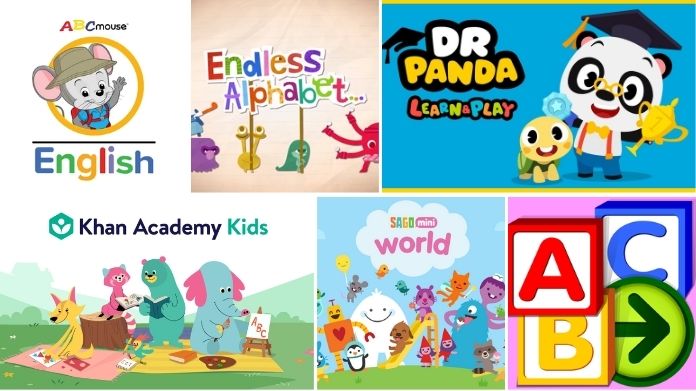In the early years, what we learn shapes everything. It’s like the first strokes on a canvas. Early childhood education, like preschool and kindergarten, is crucial.
The reason is that it builds a strong foundation for the future. During these years, kids absorb information like sponges, and good early education helps with this curiosity.
Education is not just about letters and numbers. It’s about thinking, problem-solving, and creativity.
These skills become the building blocks for young learners’ later success in school. Let’s explore why early childhood education is a big deal for setting kids up for success.
Table of Contents
The Formative Years
The early years of a child’s life, often considered from birth to eight years old, are marked by rapid cognitive, emotional, and physical development.
During this period, the brain undergoes unparalleled growth, creating neural connections that lay the groundwork for future learning.
Early childhood education, encompassing preschool and kindergarten, is important for nurturing these delicate synapses and nourishing a love for learning that endures.

Developing Cognitive Skills
Early childhood education is not just about learning the ABCs and counting numbers; it’s about cultivating fundamental cognitive skills.
Children absorb information like sponges in these formative years, and well-designed educational programs capitalize on this innate curiosity.
Activities that encourage critical thinking, problem-solving, and creativity become the building blocks for a robust academic future.
A Head Start on Literacy and Numeracy
Early childhood education lays the groundwork for literacy and numeracy, essential skills that underpin academic success.
Through engaging activities, storytelling, and interactive games, kids learn to read and write and develop a numerical fluency that sets the stage for more complex mathematical concepts in later years.
This early exposure builds confidence, making academic challenges more approachable as children progress through their education.
Fostering a Love for Learning
Early childhood education is not just about academic preparation; it’s about instilling a lifelong love for learning.
A positive early learning experience creates a sense of curiosity and enthusiasm that propels students forward.
When education is approached with joy and wonder from the outset, children are more likely to view learning as a continuous and rewarding journey rather than a series of academic hurdles.
Smooth Transition to Formal Schooling
Transitioning from the familiar cocoon of home to the structured formal schooling environment can be a daunting experience for many children.
Early childhood education acts as a bridge, easing this transition by introducing routines, social interactions, and basic academic concepts.
Children who have experienced quality early education are better equipped to adapt to the expectations of formal schooling, setting the stage for a smoother educational trajectory.
Parental Involvement and Support
Early childhood education is a collaborative effort that involves not just educators but parents as well.
Parental involvement during these crucial years enhances the impact of early education. Parents serve as the first teachers, reinforcing concepts learned in school and providing a supportive environment that nurtures a child’s overall development.
The partnership between parents and educators creates a robust support system that significantly contributes to a child’s academic success.
Long-Term Benefits
The effects of early childhood education extend far beyond the initial years. Research consistently shows that children who receive quality early education are more likely to graduate from high school, pursue higher education, and enjoy increased career success.
The foundations laid in early childhood serve as a compass, guiding individuals through the intricacies of academic and professional life.
Top Solutions for Early Childhood Education

Meanwhile, you can start with one of the following apps:
- ABCmouse: Early Learning Academy: A comprehensive learning app that covers a wide range of subjects, including reading, math, science, and art. It is suitable for children aged 2-8.
- Khan Academy Kids: Created by Khan Academy, this app provides interactive lessons in math, reading, and other subjects. It is designed for children aged 2 to 7.
- Endless Alphabet: An engaging app that introduces children to letters and vocabulary through interactive games and animations.
- Sago Mini World: Sago Mini offers creative and educational games designed for preschoolers. It promotes exploration and problem-solving.
- Dr. Panda Apps: Dr. Panda offers a range of educational games for kids, covering topics such as science, math, and language development.
- Starfall ABCs: This app focuses on teaching the alphabet, phonics, and basic reading skills through interactive games and activities.
Summing Up
In the early years of life, when we’re just starting to figure things out, what we learn becomes the foundation for everything ahead.
It’s like the first strokes on a canvas, shaping how we understand the world. Early childhood education, including preschool and kindergarten, is super important during this time. It’s like building the base for a strong and successful future.





